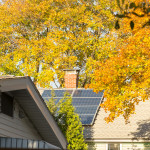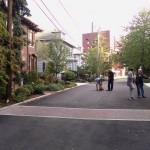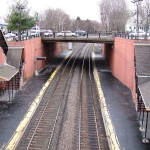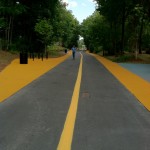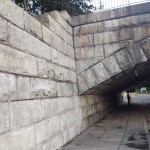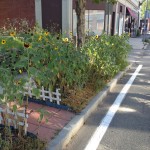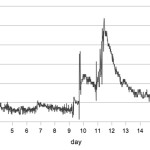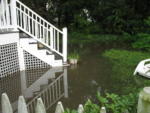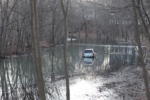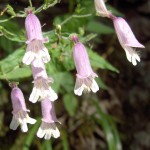
To the Editor; If I were not a very experienced gardener, I wouldn’t know from reading Kate Bowen’s otherwise excellent article (“Garden in Your Sidewalk Hell Strip” BCF Newsletter, September 2015) that hell strips are called hell strips for a good reason. Growing conditions in these areas are as a rule hellish! Only a few tough-as-nails plants can withstand the salt, CO2 pollution, and tree root competition that characterize these strips. It would have been great if the article had acknowledged these challenges, and also provided a list of top 10 hell strip plants that have passed the long-term survival [READ MORE]


